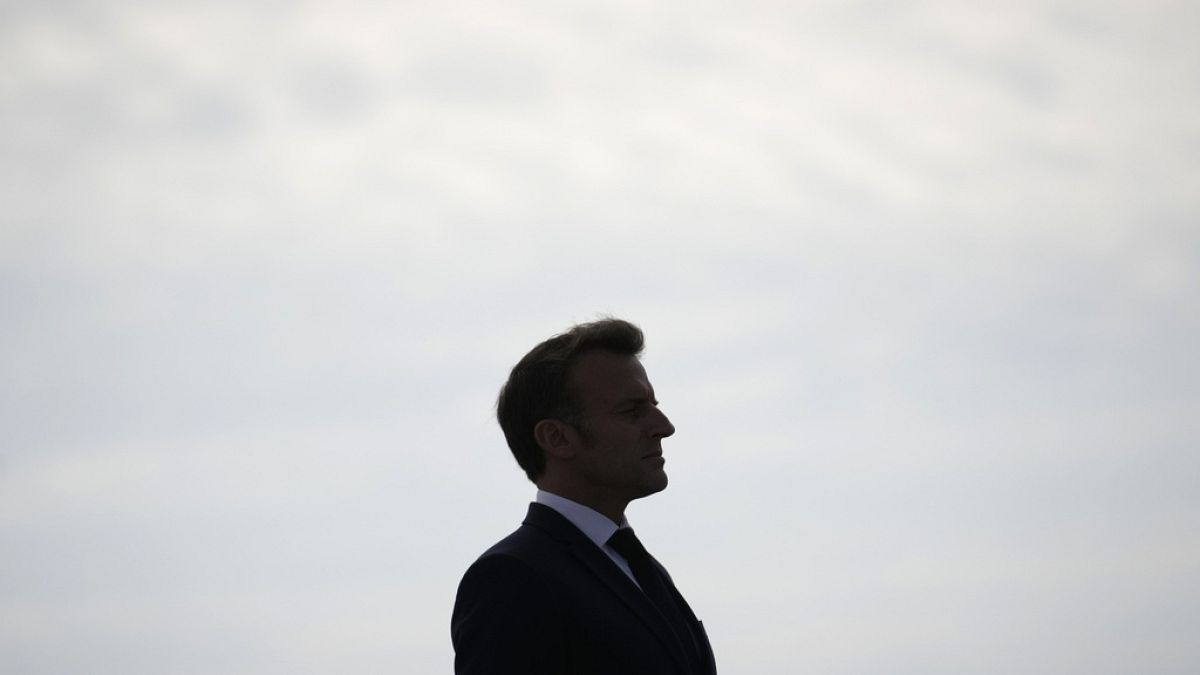The decision by French President Emmanuel Macron to dissolve parliament has led to a further decrease in his popularity among French voters. The move to call for snap legislative elections has been criticized as narcissistic and disconnected, with some voters feeling betrayed by his actions. Macron’s party, Renaissance, performed poorly in the European elections, losing to far-right parties. Despite the decline in popularity, it is not uncommon for French presidents to face disenchantment from the population following a surge in popularity after elections.
The rejection of Macron goes beyond just his political decisions and policies, with a personal dimension to the criticism. His character and leadership style have been a point of contention among the French voters, with some viewing him as authoritarian and arrogant. Macron’s decision to dissolve parliament has been seen as a move driven by wounded pride, further alienating him from the people he was elected to represent. His insistence on presenting the elections as a choice between himself and chaos has created animosity and resentment among French voters.
While Macron may be facing criticism and declining popularity within France, he remains a popular figure among Europeans. According to an Ipsos poll, he is viewed favorably by 41% of Europeans, second only to Ukrainian President Volodymyr Zelenskyy. However, there is concern that his decision to call for snap elections could weaken Europe by allowing a far-right government to take power in Paris. International press has described his decision as risky and potentially damaging to the EU.
Some analysts argue that the French voters are to blame for their resentment towards Macron. They elected a reformist president despite their aversion to change, leading to a contradiction in their expectations and desires. Macron’s past as an investment banker and his perceived lack of consultation with the public have also contributed to the negative perception of his leadership style. While Macron remains a divisive figure in French politics, his popularity in Europe and his efforts to lead his party in the upcoming legislative elections will be closely watched by voters both at home and abroad.
In conclusion, Emmanuel Macron’s decision to dissolve parliament and call for snap legislative elections has led to a further decline in his popularity among French voters. The move has been criticized as narcissistic and disconnected, with some voters feeling betrayed by his actions. Macron’s leadership style and decision-making process have been questioned, leading to a personal dimension of criticism against him. Despite facing backlash within France, he remains a popular figure among Europeans, although there are concerns that his decisions could weaken Europe. The upcoming legislative elections will be a crucial test for Macron and his party as they seek to regain the trust and support of the French electorate.











